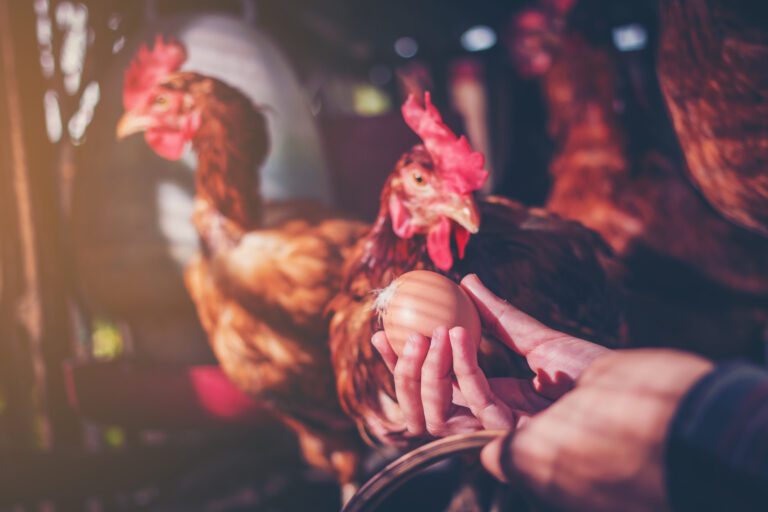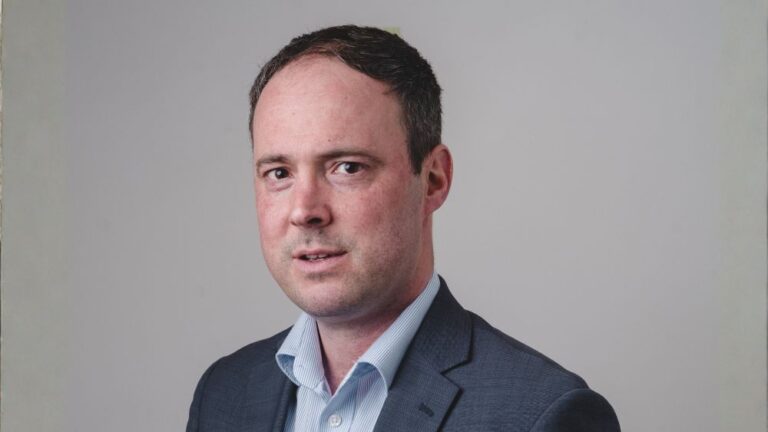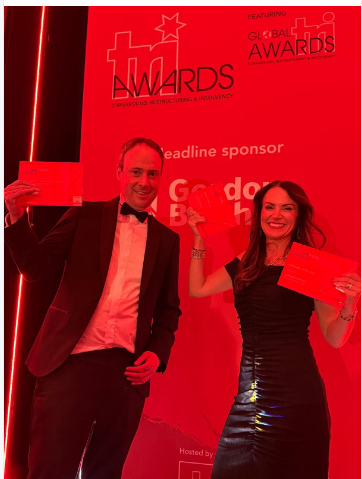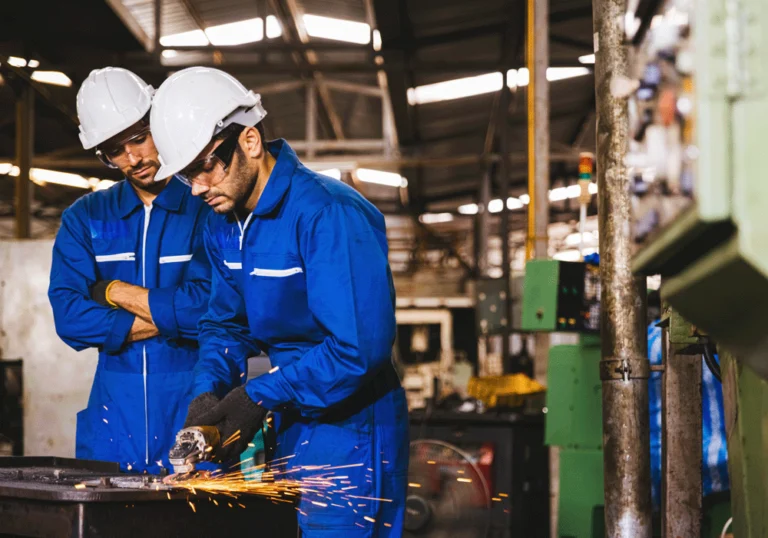
Case study: Fentongollan Farm
Who is Fentongollan Farm? Located on the Fal estuary, the Hosking family have been at Fentongollan Farm, a Cornish mixed farm since 1880. Recently named Farmer of the Year and Best Commercial Farmer at the Addington Fund’s Cornwall Farm Business Awards 2022, James and Jeremy Hosking spoke to us about Fentongollan and how it has grown under four generations of their family. “Our great grandfather came here in 1880 and then it was passed to a great uncle after the First World War,” explains James. “He had no children and our father was evacuated down here during the 2nd world war and fell in love with Cornwall again. It was then that Jim Hosking, father to James and Jeremy, took on the tenancy as a Cornish mixed farm with sheep, pigs, chickens and South Devon cattle, which were milked.
Brothers James and Jeremy grew up working on the farm and now run it as fourth-generation farmers, with the fifth generation of their family now joining in too. When they returned from college in the mid-1980s, they consolidated the farm, keeping the cattle until the late ‘90s when there was no room on the farm for them.
Fortunately, the neighbouring estate, Trewarthenick, suggested a share farming agreement, which gave James and Jeremy some autonomy. This arrangement enabled them to take on some quality workers and ultimately expand into the thriving specialist cut flower, bulb and vegetable plant growers they are today.
The farm has grown to just over 200 acres of daffodils, 1,500 acres of cereals, 30 acres of vegetable plants and 14 full-time employees which is augmented through the season due to needing a lot of people for daffodil picking. Over the years, the Hosking family has opened a farm shop, grown cauliflower, sugar beet, lilies, strawberries. “A few of them have stayed,” says James. “We got rid of a lot of the sort of things that we didn’t think had a future. We kept the daffodils, vegetable plants, arable farming and sheep farming.”
Jim was one of the original diversifiers, focusing on South Devon cattle for beef when milking was no longer profitable. He also introduced ‘Flowers By Post’ in the early ‘70s after a friend – who was one of the biggest daffodil growers in Cornwall – taught him how to grow daffodils in order to post them to friends. James has expanded this enterprise and today daffodils are grown across 200 acres and sold directly to florists, wholesalers and supermarkets, as well as being exported to Florida. The flowers by post are no longer seasonal but available all year round. With Cornwall being a major cauliflower and vegetable growing area, Jim also started producing cauliflower and cabbage seedlings, which were sown in the field in May and pulled up in July before being planted by growers in the West of Cornwall. This has developed into what Fentongollan Farm produces in greenhouses today, with Jeremy putting up his first polytunnel in 1990, expanding to 20 polytunnels years later. This ‘module enterprise’ has expanded from being seasonal to year round, with tens of millions of seedlings being supplied to local and national growers. As well as cauliflower and cabbages, they now produce leeks, courgettes, squashes and pumpkins.
As many consumers are increasingly looking to eat organically, Jeremy says: “Being organic for us is interesting because it teaches a lot about how to produce a crop without chemicals. That has been very much an expanding part of the business.” “Overcoming some of the challenges” Brexit has had a huge impact for the family, with a lack of reliable labour being a challenge, particularly in the last five years.
The farm relied on students in the summer holidays and wives dropping children at school before picking daffodils and bulbs in the fields until the mid to late ‘90s, when there were fields full of daffodils but nobody to pick them. In the early 2000s, James and Jeremy joined the Seasonal Agricultural Workers (SAW) scheme, and for 15 years they had enough people coming to work and live on the farm.
Despite forecasting in 2021 they would pick 50% of what they would normally pick in 2022, they picked 80% in the end, due to the Government’s decision to allow some Eastern Europeans into the UK. And this year, an extra 10 people from Tajikistan have been employed. The new SAW scheme has increased from 10,000 workers to 30,000 and is set to increase further. James comments: “For the first time, certainly this year, there has been a recognition from the Government that farms like ours need more workers than we can recruit locally.” Despite various grants helping with expansion on the farm, James and Jeremy agree that “the one thing that has allowed us to do what we’re doing is access to reliable labour”.
A problem on the horizon for Fentongollan is that peat will be outlawed as a growing medium by 2028 under environmental regulations. “You need a perfect growing medium for germination, growing, the root systems and to hold the feed,” explains Jeremy. “The alternatives that we’re getting at the moment, which are pine bark and wood chip, are just not doing the job. So we’ve got a real challenge ahead of us.” When asked what their biggest achievements have been, James says: “Being able to have a business that could support our two families and it being in shape to hand on to the next generation.” Jeremy adds: “As we’re employing 14 people full-time, we’re supporting a lot of other families too.”
Jeremy comments that his biggest achievement is the seedlings enterprise, which started in 1995 and has grown gradually over the years. At the outset, his vision was to grow about 20 million plants. He has significantly surpassed that number, reaching 130 million plants and supplying virtually all the growers in Cornwall and Devon. “Mistakes have been made on the way, but that’s how you learn your business,” says Jeremy. “Working with PKF Francis Clark”
The Hosking family has been working with PKF Francis Clark since the mid-1980s, when they felt it was time to change their accountants.
Jeremy said: “As the whole business has expanded, having quality accountants is becoming more and more important for us. Brian Harvey sits on our quarterly management meetings, and it is not just accounts, it is full management help we get from Brian. We use Andersons as our consultants, and between Mike Horton at Anderson’s and Brian, we’ve got a very good management team.”
You can find out more about Fentongollan Farm here.
© All photos provided by Fentongollan Farm
“Supporting British farming is massively important. We have governments that often just look at pure economics and nothing about food security. If things go wrong in the world, other people aren’t going to give us their food, so any publicity for British production is fantastic. You’ve got to have a decent percentage of home-produced food, just for security.”










